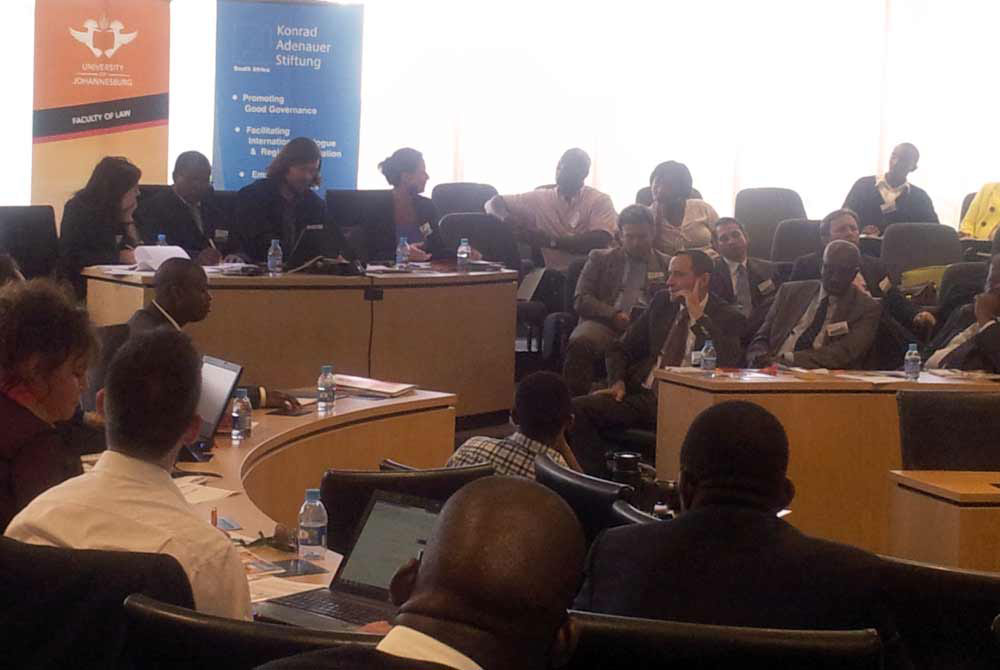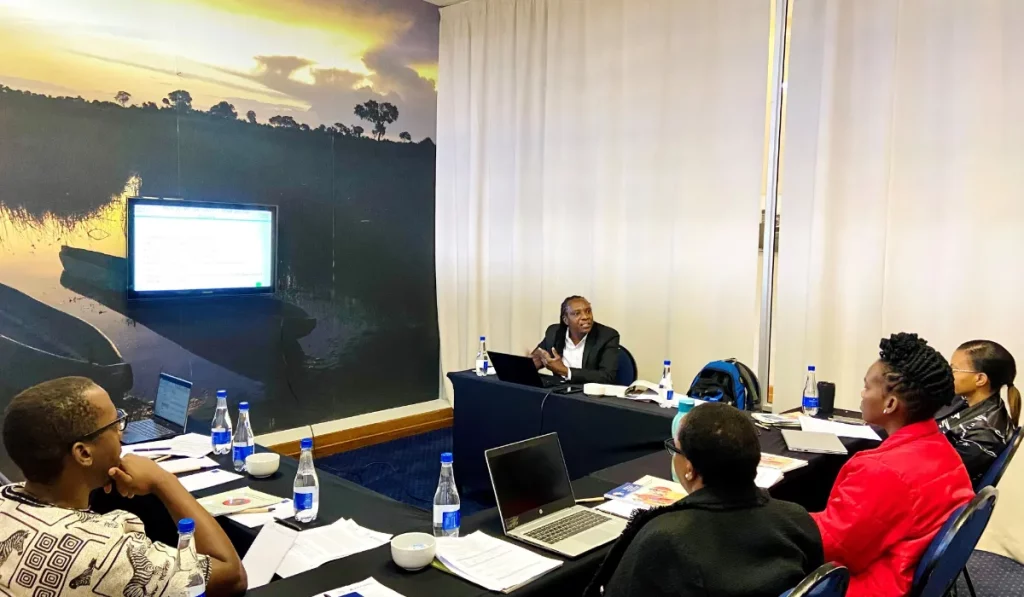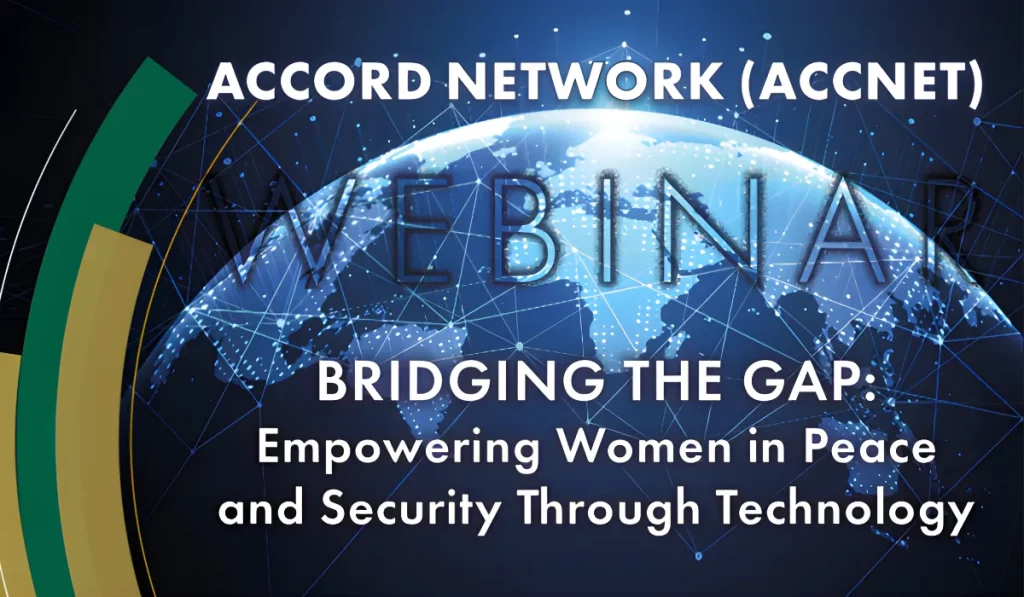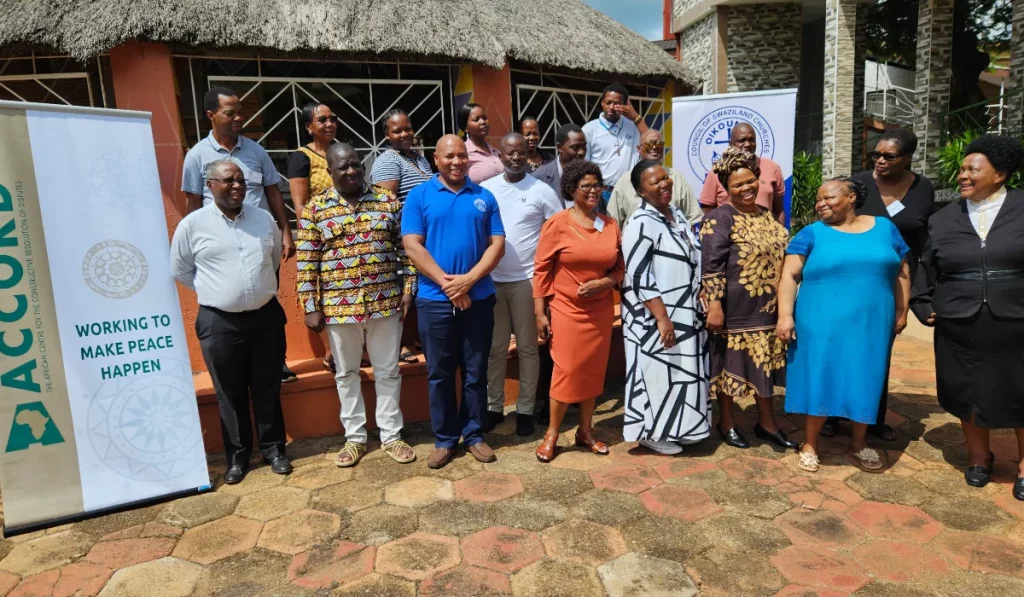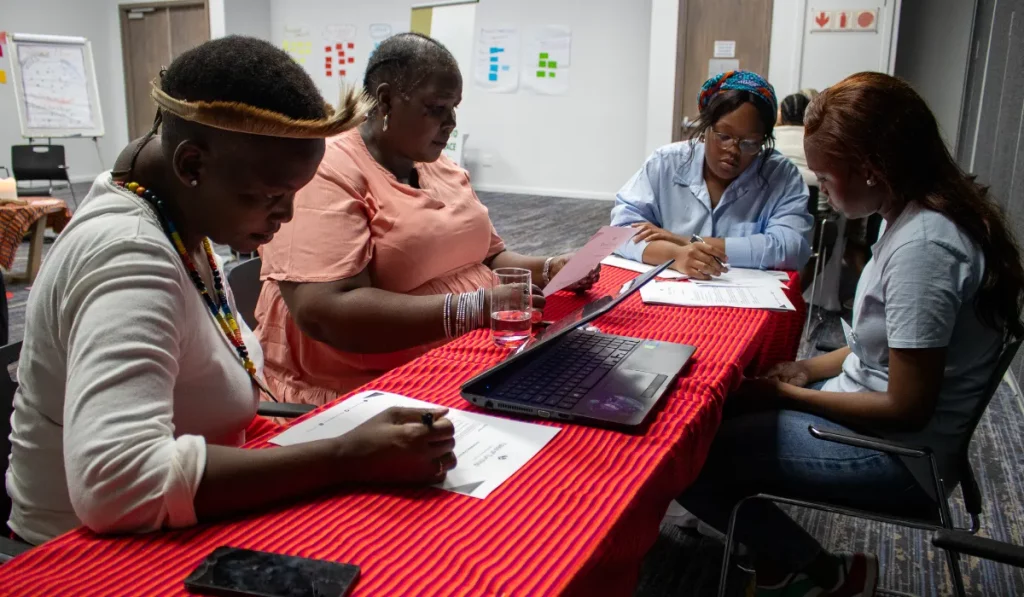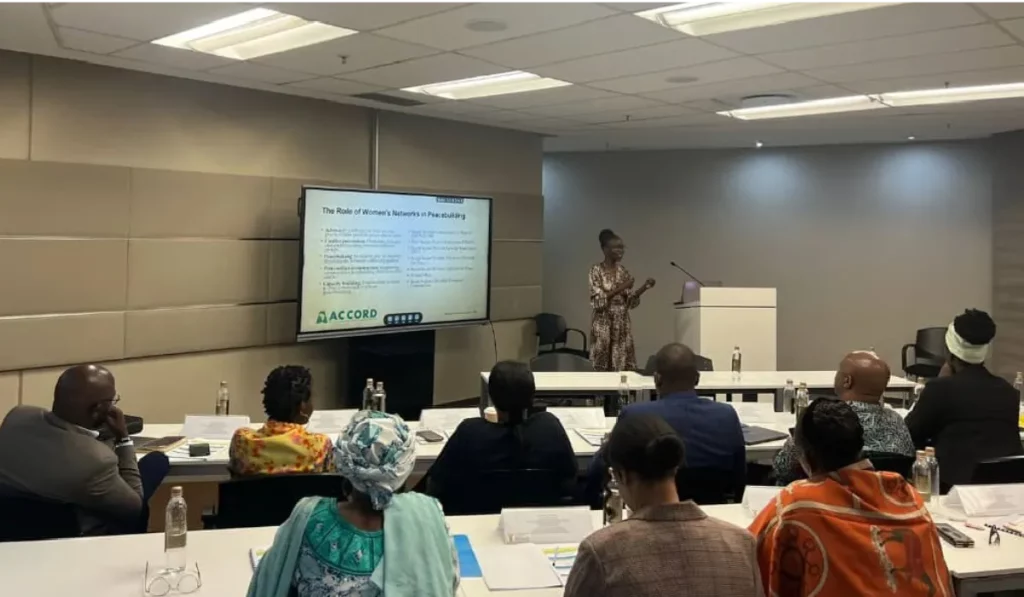ACCORD has participated in the International Conference on the Legacy of the International Criminal Tribunal for Rwanda (ICTR) with the aim of acquiring more in-depth understanding of the Rwandan experience as the ICTR prosecutorial mandate comes to an end, and to explore areas of possible research collaboration with participating institutions and organisations. The conference brought together 40 acclaimed presenters and over 60 participants with a variety of expertise in international criminal justice. It sought to probe the role of the ICTR and examine its successes, failures and challenges in a bid to evaluate the Tribunal’s legacy on the eve of its closure.
The conference explored other important sub-themes, including:
- the ICTR’s contribution to international humanitarian law and international criminal law
- the relationship between the ICTR and domestic courts
- lessons from South Africa’s Truth and Reconciliation Commission (TRC) and Rwanda’s gacaca courts
- the ICTR and the future of international criminal justice in Africa.
The ICTR has contributed to the development of international criminal and humanitarian law since its establishment through United Nations Security Council Resolution (UNSCR) 995 in 1994. After the Rwandan genocide of 1994, the UN General Assembly endorsed the establishment of the Tribunal which aimed to:
- prosecute those responsible for the heinous crimes of genocide
- contribute towards achieving national reconciliation in Rwanda
- restore peace in the Great Lakes region of Africa.
In his welcome speech, Prof Bilchitz, director of SAIFAC, framed the conference as providing space for critical reflection on the legacy of the ICTR in order to interrogate whether international criminal justice pursued through the ICTR, alongside a national restorative justice sought by Rwanda’s traditional gacaca community courts, were complementary or incompatible. Honourable Judge Vagn Joensen, president of the ICTR, reminded delegates that it was important to engage on the question of why humanity resorted to the creation of ad hoc tribunals in the first place, as they reflected on the legacy of the ICTR which is in the process to be transformed into a residual mechanism.
The conference featured 34 presentations by international criminal law experts, scholars and practitioners. Of interest were University of Johannesburg Law Professor Mia Swart’s sentiments that a core challenge of the ICTR was its avoidance of pursuing victor’s justice in the aftermath of the genocide. She explained that the ICTR was a court of law and as such, would unlikely bring about satisfaction to survivors of crimes, as may have been possible through application of truth-seeking mechanisms like South Africa’s TRC or Rwanda’s gacaca community courts system.
Tshimba’s participation in the conference was important as it informs implementation of the tripartite Great Lakes Project (GLP) which is being implemented in Burundi, the Democratic Republic of the Congo (DRC), Rwanda and Uganda, all of which were inextricably linked to and/or affected by the genocide and its aftermath. The Great Lakes Project is a collaborative project between ACCORD, the Global Partnership for the Prevention of Armed Conflict (GPPAC) Global Secretariat and Nairobi Peace Initiative-Africa (NPI-Africa). It seeks to enhance peacebuilding initiatives in the four countries through conducting research and liaising with governments, regional organisations and entities, as well as with civil society organisations operating in the region.

